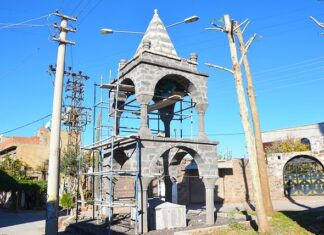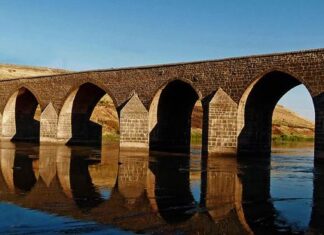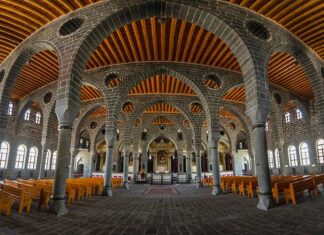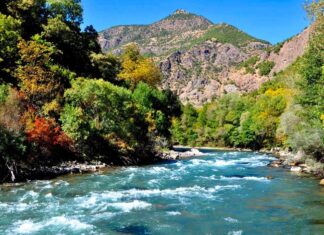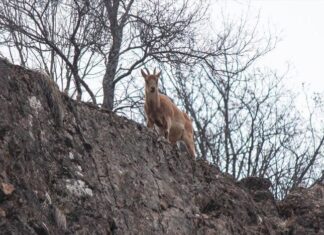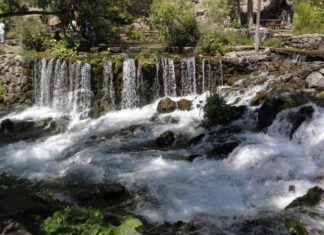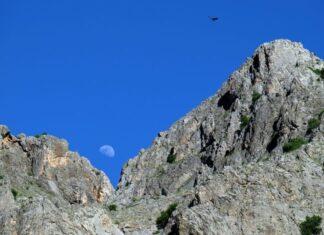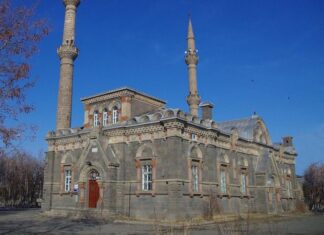ENSarNHBG
Periander Questions His Elder Son
After banishing his younger son, Lycophron, Periander turned his attention to his elder son. He wished to understand what had caused such a sudden...
Periander’s Final Command
At last, Periander took an even harsher step against his younger son, Lycophron. He made a public proclamation throughout Corinth. He announced that anyone...
The Return of the Corcyraean Boys
In time, the situation at Samos reached a turning point. The Corinthians who had been guarding the Corcyraean boys eventually gave up their watch...
Cambyses Tests the Fallen King of Egypt
Ten days after the fortress of Memphis had fallen, Cambyses decided to test the strength of spirit of Psammenitus, the defeated king of Egypt....
The Flight of the Egyptian Army
After their defeat on the battlefield, the Egyptian soldiers lost all order and discipline. As soon as they turned their backs on the enemy,...
A Remarkable Sight on the Battlefield
On the battlefield where this great fight took place, I was shown something truly remarkable by the local people. Long after the battle had...
The Egyptian Origin of the Greek Gods
According to careful inquiry, almost all the names of the Greek gods came into Greece from Egypt. The evidence suggests that these names were...
The Festival of Bacchus in Egypt
On the eve of the festival of Bacchus, every Egyptian household takes part in a special religious act. Each family sacrifices a hog in...
The Pig as an Unclean Animal in Egypt
Among the Egyptians, the pig is considered an unclean animal. This belief is held so strongly that even touching a pig by accident is...
The Egyptians Warning to the Greeks
When the Egyptians speak about the Greeks, they say nothing that is untrue. The Greeks depend entirely on rain from the sky for their...
